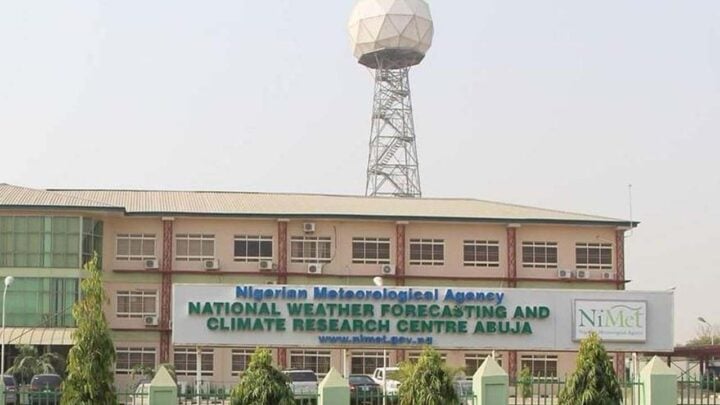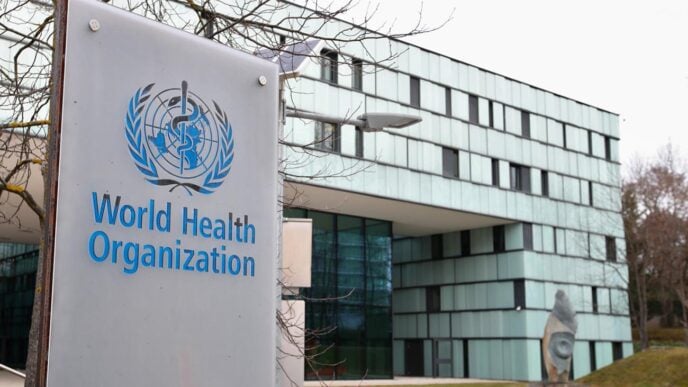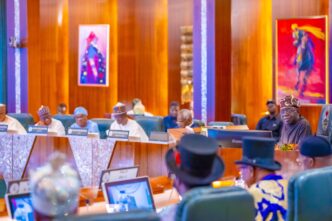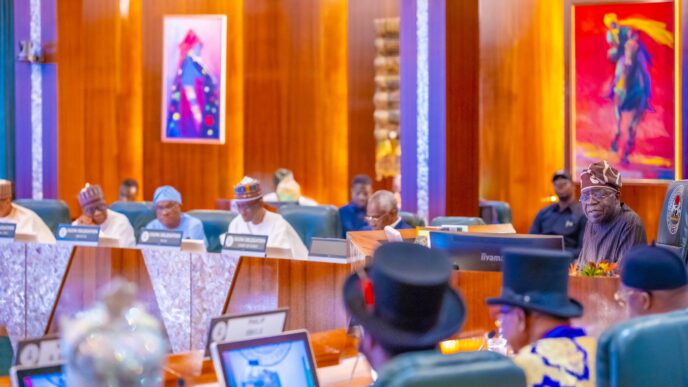Greenhouse gas emission. Photo credit: National Environmental Education Foundation
Nnaemeka Chukwuone, director of resource and environmental policy research (REPRC)/environment for development (EfD) initiative at the University of Nigeria, Nsukka (UNN), says the country could generate over $2 billion from its carbon market activation programme by 2030.
NAN reports that Chukwuone spoke in Abuja on Monday at a one-day workshop on ‘Exploring the potentials and voluntary carbon market’ organised by the REPRC)/EfD initiative.
Chukwuone described carbon markets as trading systems where governments and organisations can buy and sell carbon credits to reduce emissions.
He said the carbon market has substantial revenue potential, noting that its efficient implementation could create numerous job opportunities.
Advertisement
“Under the carbon market activation programme, it is estimated that Nigeria will have over two billion dollars by 2030,” he said.
“I believe that if things are done well, it will go beyond that because it will generate a lot of revenue. It will also create job opportunities.
“For instance, if we have offsets in the forestry, agriculture or even energy sector, the country will have a lot of money coming from carbon markets.
Advertisement
“It will also help to sustain the environment in terms of biodiversity conservation and ecosystem.”
Polycarp Chigbu, the UNN acting vice-chancellor, said the university established REPRC to promote interdisciplinary research, capacity building, and policy advocacy in environmental and resource economics.
Chigbu said carbon markets are essential for transitioning to a low-carbon economy, adding that the initiative would improve their design and implementation protocols, as well as boost capacity and awareness in the global south.
He said the project’s goal is to reduce carbon emissions, combat climate change, and help Nigeria achieve its nationally determined contributions (NDCs).
Advertisement
“Carbon markets are into two categories, which involve compliance carbon markets and voluntary carbon markets (VCMs),” he said.
“The VCM encompasses all transactions of carbon offsets not purchased under a regulated carbon market, while compliance carbon markets are marketplaces through which regulated entities obtain offsets under regulatory regimes.”
Nkiruka Maduekwe, director-general of the National Council on Climate Change (NCCC), said the carbon market is an opportunity for Nigeria to tackle climate change effectively.
Maduekwe urged stakeholders to support the government and the REPRC/EfD initiative, adding that it could unlock significant benefits for the country.
Advertisement
“We know that climate change is a serious problem today, and the carbon market is an opportunity to address this issue appropriately,” she said.
“The collaboration of relevant stakeholders will help to achieve these goals.”
Advertisement
Add a comment










